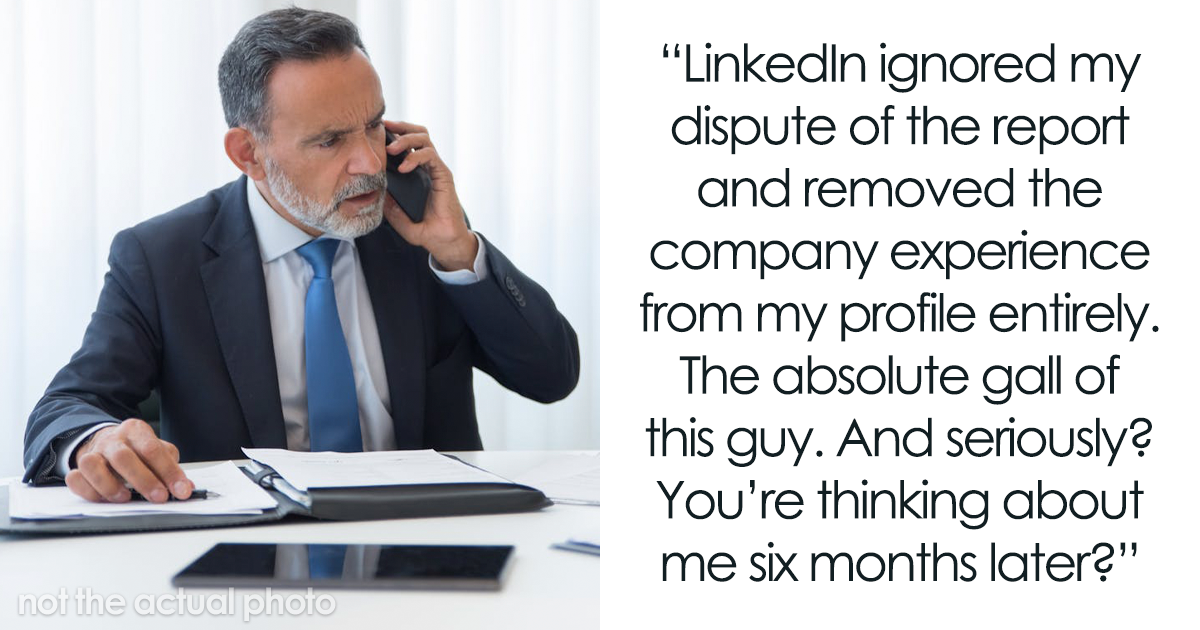Disney’s Deepfake Disaster: When Copyright Paranoia Eats Itself
Hello everyone. Once again, we find ourselves in the absurd funhouse mirror of corporate entertainment – a place where every decision is run through a legal meat grinder until what comes out barely resembles art, creativity, or common sense. This time, it’s Disney versus The Rock, and spoiler alert: the winner is neither.
The Set-Up: Moana, The Rock, and the Digital Double Dream
Disney apparently spent 18 months – that’s a year and a half during which actual human children could learn to walk, talk, and solve simple math problems – negotiating to create a digital replica of Dwayne “The Rock” Johnson for the live-action Moana remake. Johnson reportedly gave his blessing. The tech was ready. The servers were presumably humming like a freshly installed RTX 5090 rig. And then… Disney’s lawyers hit the brakes so hard you could hear the collective spine of the VFX team snap.
Why the panic? Was it worries about AI ethics? Actor rights? A PR meltdown over Deepfake Maui memes? No. It was because – wait for it – parts of the film might end up in the public domain. That’s right: they were terrified of making something they couldn’t fully lock in their cartoonish copyright vault alongside the frozen head of Walt Disney himself. If this were a game, Disney just rage-quit out of fear of someone modding their save file.
The Copyright Comedy
This whole escapade is poetic justice for the studios’ own fearmongering. Remember the Hollywood strikes? Actors screamed for stronger copyright protections to fend off AI, convinced that fortress copyright was their salvation. But the truth – as some of us predicted – is that copyright can be a cudgel studios use against the very people it’s supposed to protect. Yet, in this particular glitch in the Matrix, the lack of copyright in AI-generated works actually saved the actors from being replaced wholesale. More irony than a hipster’s beard oil collection.
Disney torpedoed their own AI tech dreams because their obsession with control outpaced their lust for cost-cutting. Beautiful.
Here’s the legal dungeon crawl they faced: If AI-generated content isn’t fully copyrightable, Disney couldn’t guarantee ownership of every shiny pixel in the final product. For a company whose life goal is to keep Mickey Mouse locked up until the heat death of the universe, that’s a horrific jump scare – one that sent them sprinting back to practical production methods like a noob running from a Dark Souls boss.
The Rock’s Possible Side Quest
Now, conspiracy theory mode engage: Was Johnson just gaming the loot table here? Imagine: you sign the contract for a deepfake version of yourself, cash the check, and then sit back knowing full well some overworked Mouse House lawyer will nuke the project out of paranoia. It’s the ultimate “get paid to stay home” DLC. Sure, there’s no real evidence he planned it, but as any gamer knows – sometimes you win not by playing, but by letting your opponents KO themselves.
Why This Is Hilarious on Multiple Levels
- Studios’ copyright obsession backfired spectacularly. They’ve lobbied to extend copyright for decades, now it’s a trap of their own making.
- Actors end up safer without stronger copyright laws. Weaker copyright makes studios afraid to rely on AI – not sympathize with humans, mind you, but at least afraid to replace them this week.
- Fans might have had some fun. Public domain bits? Cue remixes, memes, and fan creations – also known as free viral marketing that studios bizarrely hate.
The Medical Perspective (Prescribed Dose: Reality Check)
From a doctor’s point of view, the diagnosis here is “acute legal hypochondria.” Disney’s legal team suffered a severe allergic reaction to the idea that a few frames of an AI-generated movie might wander into the public domain. Treatment options? Exposure therapy – maybe watch It’s a Wonderful Life and realize public domain status didn’t kill it. In fact, it created an enduring cultural icon. But expecting a multinational corporation to learn from history is like expecting a raid group to actually follow mechanics on the first pull – it’s possible, but good luck.
Endgame: What This Says About the Industry
We’re now officially at the point where the studios’ obsession with locking down content hits their thirst for automation head-on. And when they collide, neither productivity nor creativity survives the crash. AI is now both their dream and their nightmare – a loot chest they want to open, but with a trap that insta-kills their IP claims. For creators, this may be the strangest blessing in disguise we’ll ever see.
Was Disney right to pull the plug? Purely from a corporate self-preservation standpoint, maybe. But from an actual artistic or audience perspective? It’s laughable. Sometimes, the bosses in this game fail not because the players beat them – but because they keep hitting themselves in the face with their own weapons.
Final Verdict
This whole affair is a delicious example of corporate paranoia producing outcomes better for the people they normally steamroll. It’s not a moral victory – just a tactical one driven by greed colliding with fear. But whatever the reason, the stage is set for actors to have at least one more life before AI attempts a speedrun of their careers again. Overall impression: good for the actors, bad for Disney’s lawyers, hilarious for the rest of us.
And that, ladies and gentlemen, is entirely my opinion.
Article source: Disney Scraps Deepfake Dwayne Johnson After Lawyers Panic About The Public Domain, https://www.techdirt.com/2025/08/08/disney-scraps-deepfake-dwayne-johnson-after-lawyers-panic-about-the-public-domain/



